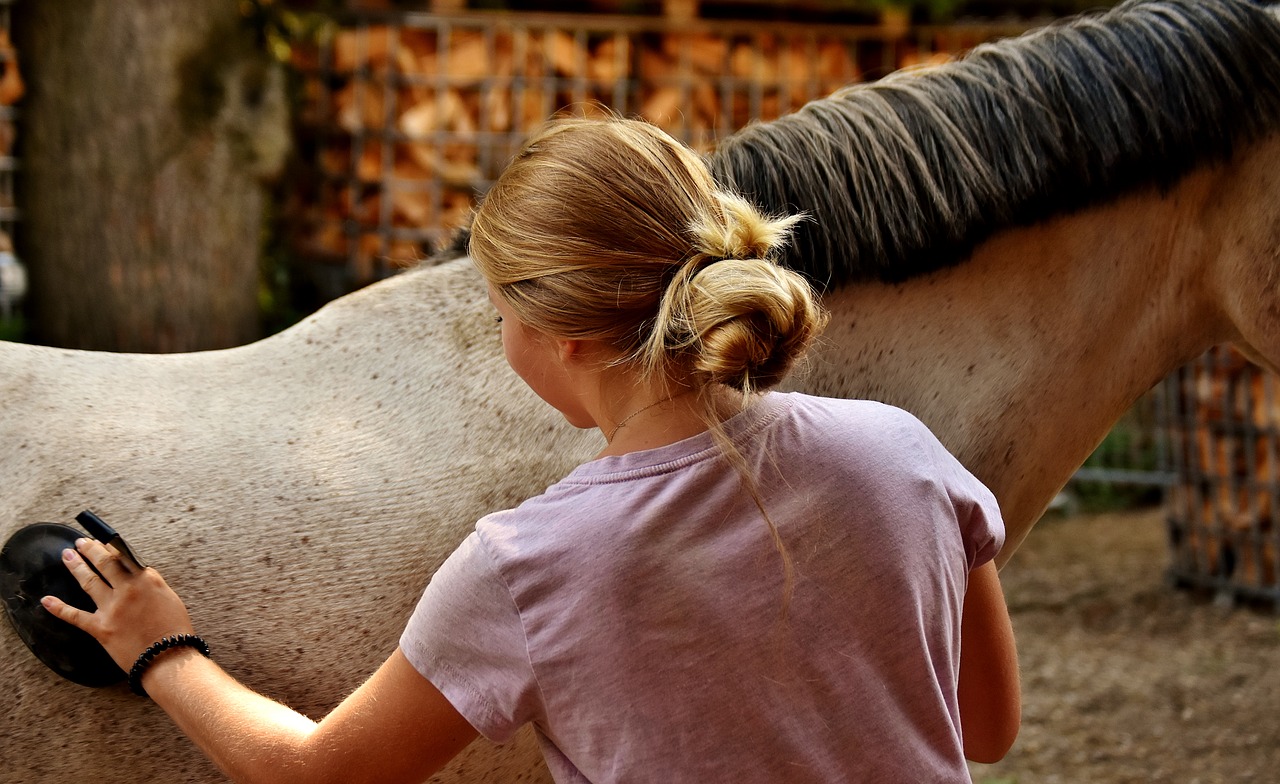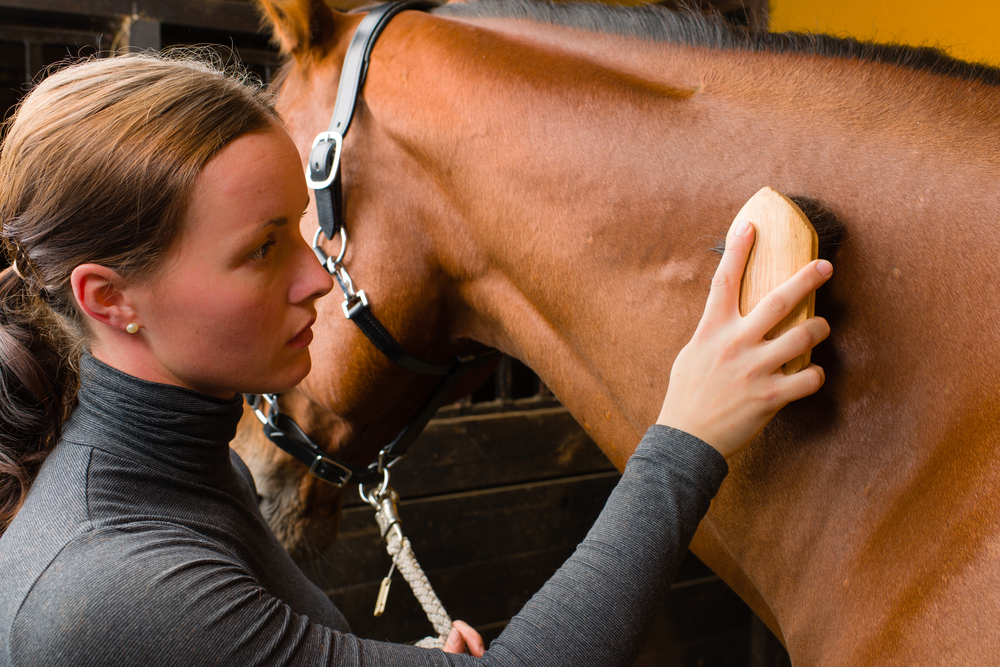Dealing with the loss of a senior horse is an emotional journey filled with memories, reflections, and the need for healing. For many, horses are more than just animals; they are companions and friends who have shared significant parts of our lives. Whether you’ve spent years riding, caring, or simply being in the presence of your horse, saying goodbye can be one of the toughest experiences.
It’s essential to acknowledge that grieving the loss of a beloved horse is a personal and unique experience. While some may find solace in sharing stories with fellow equestrians, others might seek quiet reflection. Regardless of how you choose to grieve, it’s important to remember that it’s okay to feel a profound sense of loss.

Understanding the Grieving Process
The Emotional Impact
When a senior horse passes away, the emotional impact can be overwhelming. This is a natural part of the grieving process. For many, horses are intertwined with daily routines, and their absence can leave a significant void. Understanding the stages of griefdenial, anger, bargaining, depression, and acceptancecan help in navigating these emotions.
Allowing Yourself to Grieve
It’s crucial to allow yourself the time and space to grieve. Everyone processes loss differently, and there’s no right or wrong way to feel. Some may find comfort in visiting the pastures where they shared cherished moments, while others might find solace in creating a memorial.
Honoring Your Horse’s Memory
Creating a Memorial
One way to honor your horse is by creating a memorial. This could be as simple as planting a tree or creating a memory board filled with photos and mementos. These acts of remembrance can provide a tangible way to celebrate your horse’s life and the joy they brought.
Sharing Stories
Sharing stories about your horse with fellow equestrians can be a healing process. It allows you to express your feelings and remember the unique personality and quirks of your horse. Engaging with a community that understands the bond between humans and horses can be incredibly comforting.
Seeking Support
Connecting with Equestrian Communities
Connecting with equestrian communities, either online or in person, provides a support network that understands the depth of your loss. These communities often share resources and advice on how to navigate the grieving process.
Professional Support
If you’re finding it difficult to cope, seeking professional support from a counselor or therapist who specializes in pet loss can provide valuable guidance. They can help you work through your emotions and find a path towards healing.
Moving Forward
Embracing New Beginnings
While it may be challenging, embracing new beginnings can be a vital step in the healing process. This might involve considering adopting another horse when you’re ready, or engaging in new equestrian activities.
Remembering the Joy
Focus on the joy and love your horse brought into your life. Reflecting on happy memories and the bond you shared can provide comfort and help you move forward with a sense of gratitude.
Additional Resources
For more insights on caring for senior horses, you might find the University of Minnesota Extension’s resources helpful. They offer guidance on maintaining the health and well-being of senior horses, which can be beneficial if you have other horses in your care.

Frequently Asked Questions
How can I cope with the loss of my senior horse?
Allow yourself to grieve, connect with supportive communities, and consider honoring your horse’s memory through memorials and storytelling.
What are some ways to honor my horse’s memory?
Creating a memorial or sharing stories with fellow equestrians are meaningful ways to celebrate your horse’s life.
When should I consider adopting another horse?
There’s no set timeline; it’s a personal decision. When you feel ready to open your heart to another horse, it can be a healing and rewarding experience.
This article contains affiliate links. We may earn a commission at no extra cost to you.
